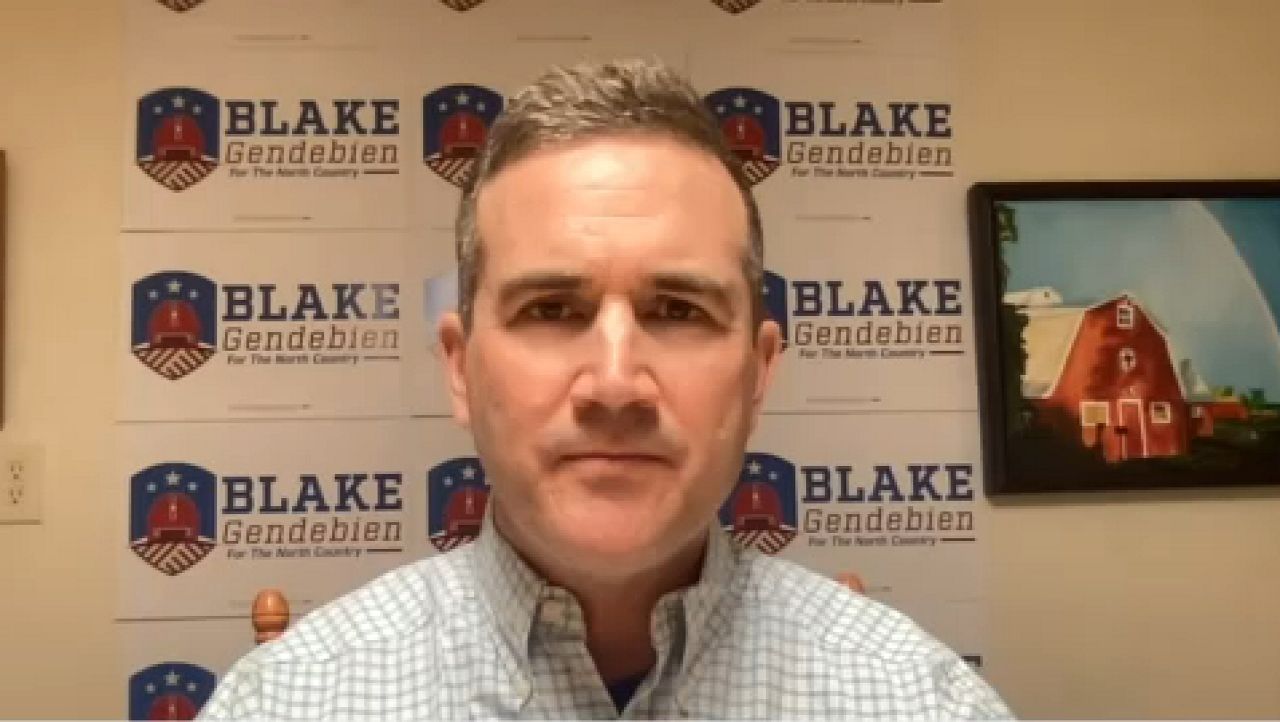In Hoffman v. Independent Redistricting Commission, New York Democrats argued that the judge who originally threw out last year’s legislative maps didn’t mean for maps drawn by an appointed special master be used throughout the next 10 years.
Some history: After the state’s Independent Redistricting Commission (IRC) couldn’t agree on congressional lines in 2022, the Legislature took it upon itself to create new maps. Republicans challenged those maps and won. The state’s courts ruled that it was inappropriate for the Legislature to have stepped in.
Ultimately, a special master from Carnegie Mellon University drew the new congressional maps.
According to former Republican U.S. Rep. John Faso, “everyone assumed” the special master’s maps would remain in place for 10 years.
“What the Democrats are trying to do, both nationally and here in the state, they want the equivalent of a mulligan. They want a do-over,” Faso told Capital Tonight. “Their rationale, both on a legal basis and on a political policy basis, is ridiculous.”
Faso points out that maps drawn by special masters in the past have been used for 10 years.

New York Law School Adjunct Professor and Senior Fellow Jeff Wice, who attended the arguments in the Hoffman case last week, told Capital Tonight he thinks there is still some life left in the case for the Democrats.
“There were five judges on the appellate division panel. But unlike the judge last year who ruled against the plaintiffs, I thought the court today was a little…friendlier,” Wice said. “While not all the judges engaged in conversation, they were receptive.”
Faso, who also attended arguments, didn’t see it that way.
“It seemed apparent to us that the argument went quite well for the Republican side,” he said.
Specifically, Faso said the judges were “very skeptical” of both the claim and its timeliness.
“They’re asking for what’s called a mandamus, namely an order that a governmental body do something. So they’re trying to say, ‘the Independent Redistricting Commission, you should be reconstituted to redraw these lines and force you to do that because you didn’t do your job last year.’ But the judges were very skeptical of that argument because you had to bring it within four months and they didn’t bring (the case) within four months,” Faso argued.
The question, according to Faso, seems to be when did the clock start ticking?
“I think when this case is decided it could very well be that the judges say, ‘no, you’re out of luck because you didn’t bring this case in time’,” Faso said.
It’s unclear when the appellate division will rule in the case.










